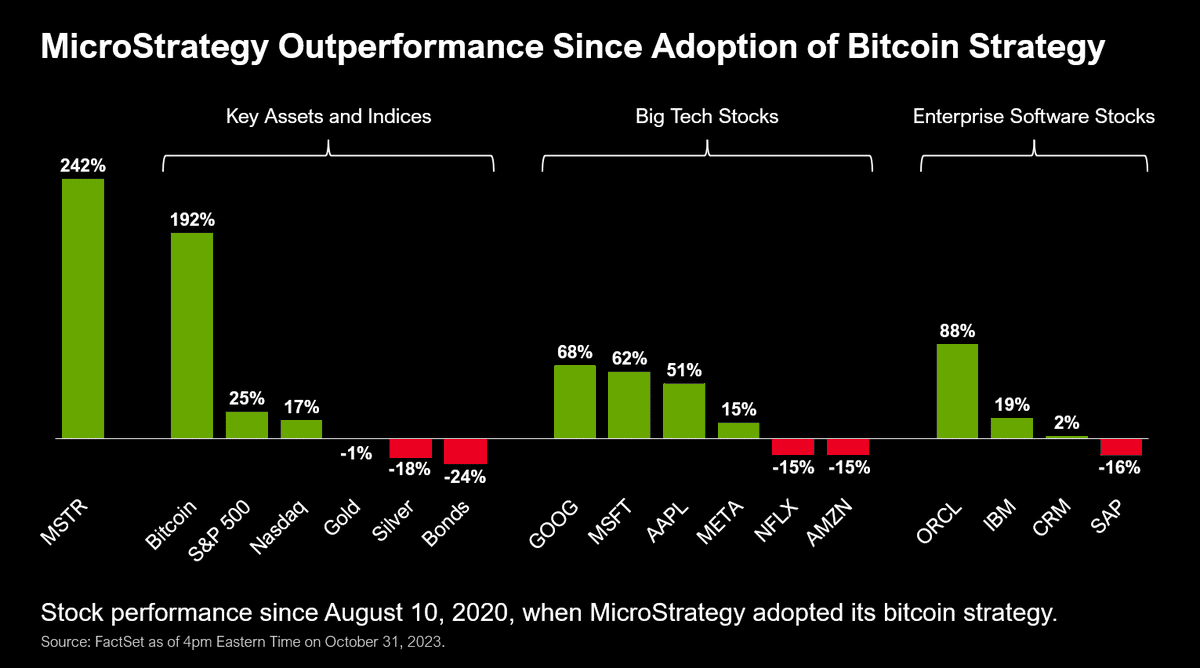Breaking Bread With Scholars: Navigating Academic Conversations And Networking

Table of Contents
Mastering the Art of Academic Conversation
Successful academic networking starts with mastering the art of conversation. It's about more than just exchanging pleasantries; it's about building rapport and showcasing your expertise.
Active Listening and Engaging Respectfully
Effective communication begins with active listening. This means focusing on truly understanding the speaker's perspective before formulating your own response.
- Focus on understanding: Pay close attention to the speaker's words, tone, and body language. Try to see things from their point of view.
- Non-verbal cues: Use non-verbal cues like nodding, maintaining eye contact (appropriately), and leaning in slightly to show your engagement and interest.
- Clarifying questions: Don't hesitate to ask clarifying questions to ensure complete comprehension. This shows genuine interest and helps prevent misunderstandings.
- Respectful engagement: Avoid interrupting or dominating the conversation. Allow others ample time to express their thoughts and ideas.
- Example: Instead of immediately disagreeing, ask, "Could you elaborate on that point? I'm curious to understand your reasoning behind that conclusion."
Contributing Meaningfully to the Discussion
Once you've actively listened, it's time to contribute meaningfully to the discussion. This means sharing your insights in a way that adds value and demonstrates your knowledge.
- Preparation is key: Read relevant literature and identify key discussion points before attending conferences or meetings. This will allow you to engage more effectively.
- Concise and confident contribution: Share your insights concisely and confidently, supporting your arguments with evidence from your research or established literature.
- Open-mindedness: Be open to different perspectives and engage in respectful debate. A willingness to learn from others is essential for academic growth.
- Proper citation: Cite your sources appropriately to establish credibility and avoid plagiarism.
- Example: "Based on my research in cognitive psychology, I've found that implicit bias significantly impacts these results, suggesting a different interpretation than the one presented."
Networking Strategies at Conferences and Workshops
Conferences and workshops are excellent opportunities for academic networking. However, you need a strategy to make the most of these events.
- Targeted attendance: Attend sessions relevant to your research interests to ensure meaningful engagement.
- Introduce yourself: Don't be afraid to introduce yourself to speakers and other attendees. A simple "Hello, I'm [Your Name], and I'm interested in your work on [Topic]" can go a long way.
- Meaningful conversation: Engage in conversations, actively listening and contributing meaningfully, showcasing your knowledge and enthusiasm.
- Information exchange: Exchange contact information (business cards are still useful!) and follow up with a brief email to solidify the connection.
- Example: "It was a pleasure meeting you at the International Conference on Cognitive Science. I found your presentation on the neural correlates of decision-making particularly insightful. I'm also working on [related topic], and I'd be interested in learning more about your research."
Building and Maintaining Professional Relationships
Building strong relationships is the cornerstone of successful academic networking. This involves nurturing connections over time and engaging in reciprocal relationships.
The Power of Mentorship
Seeking mentorship can significantly impact your academic career. A mentor can provide invaluable guidance and support.
- Identify potential mentors: Identify potential mentors within your field who have established expertise and a reputation for supporting junior colleagues.
- Seek guidance: Seek guidance and advice on your career path, research direction, and grant writing.
- Show initiative: Show initiative and follow through on commitments to demonstrate your reliability and dedication.
- Express gratitude: Express your gratitude for their time and support; acknowledge their contributions to your success.
- Example: Requesting feedback on a research paper or seeking advice on navigating the grant application process.
Utilizing Online Platforms for Academic Networking
Online platforms provide valuable opportunities for expanding your academic networking reach.
- Engage on platforms: Engage with researchers on platforms like LinkedIn, ResearchGate, and Twitter. Join relevant groups and participate in discussions.
- Professional organizations: Join relevant professional organizations and online communities to connect with like-minded researchers.
- Share your work: Share your research findings and engage in online discussions to showcase your expertise and foster collaboration.
- Follow key researchers: Follow leading researchers in your field to stay updated on their work and engage with their publications.
- Example: Sharing a preprint on ResearchGate and engaging in the comments section to receive feedback and initiate discussions.
The Importance of Reciprocity and Maintaining Contact
Academic networking is a two-way street. Reciprocity and consistent effort are key to maintaining strong relationships.
- Offer support: Offer support and assistance to colleagues when possible. This could involve reviewing a manuscript, providing feedback on a grant proposal, or co-authoring a publication.
- Regular communication: Keep in touch with your network through regular communication – emails, attending events, or connecting on social media platforms.
- Nurture relationships: Attend events and conferences to nurture existing relationships and create new ones.
- Remember milestones: Remember birthdays and professional milestones (publications, grants, awards) to show that you value the relationship.
- Example: Offering to review a colleague's manuscript or providing feedback on a grant proposal.
Conclusion
Successfully navigating the world of academia requires effective academic networking skills. Mastering the art of academic conversation, building and maintaining professional relationships, and utilizing online platforms are crucial for career advancement and collaboration. By actively engaging in discussions, building meaningful connections, and showing initiative, you can significantly enhance your academic journey. Remember, building strong professional relationships takes time and effort, but the rewards of successful academic networking are invaluable. So, start breaking bread with scholars and cultivating your professional network today!

Featured Posts
-
 Micro Strategy Vs Bitcoin Which Is The Better Investment In 2025
May 08, 2025
Micro Strategy Vs Bitcoin Which Is The Better Investment In 2025
May 08, 2025 -
 Dwp Benefit Cuts Two Schemes Set For Closure
May 08, 2025
Dwp Benefit Cuts Two Schemes Set For Closure
May 08, 2025 -
 355 000 Face Dwp Benefit Cuts 3 Month Warning Issued
May 08, 2025
355 000 Face Dwp Benefit Cuts 3 Month Warning Issued
May 08, 2025 -
 Summer Of Superman Special Superman Whistles For Krypto
May 08, 2025
Summer Of Superman Special Superman Whistles For Krypto
May 08, 2025 -
 9 4000 2 360
May 08, 2025
9 4000 2 360
May 08, 2025
